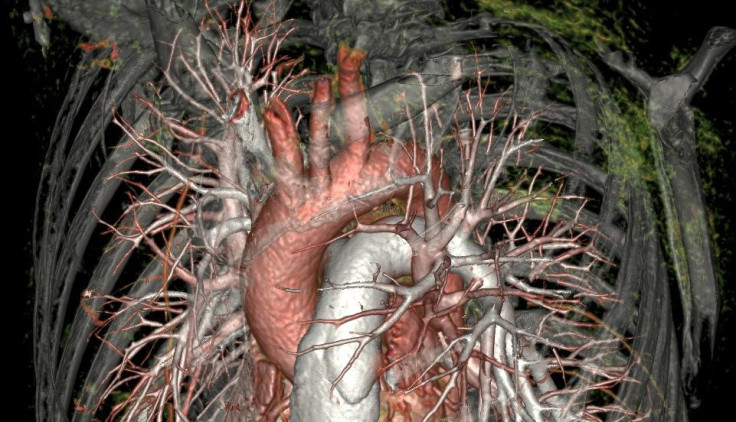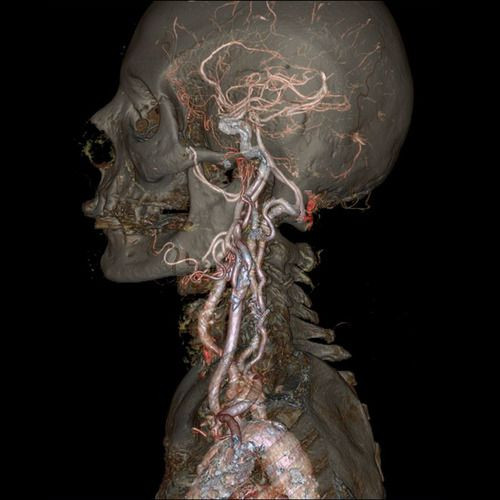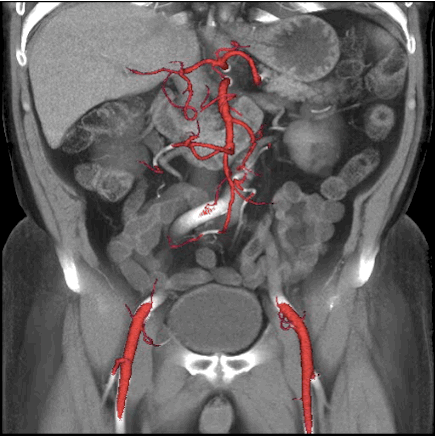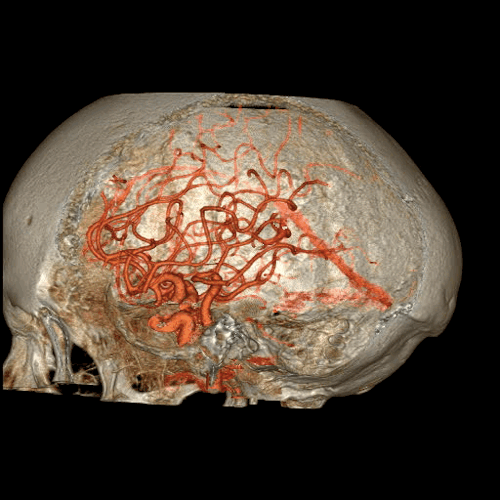New CT Scan Images From GE Show Unprecedented Level Of Detail

William Shakespeare may consider eyes to be the windows to the soul, but doctors would rather stick with computed tomography. CT scans, as they’re more commonly known, use radiation to see inside a patient’s body, and usually one region in particular. They let doctors track organ function in real-time and do things sci-fi writers in decades past could have only written about.

The latest set of high-resolution CT scan images come from GE Healthcare’s Revolution CT, which was unveiled in a hospital setting for the first time in September of last year at West Kendall Baptist Hospital in Florida. The scanner not only produces high-quality shots of the organs, but delivers lower doses of radiation to achieve them, putting patients at greater ease.
“According to our physicians, patient feedback about their experience with the Revolution CT has been uniformly positive,” said Javier Hernández-Lichtl, CEO of West Kendall Baptist, in a statement. “The advanced design definitely makes for a less intimidating, more comfortable patient experience, while yielding amazingly accurate and detailed images.”


Physicians have already collected images of major blood vessels, organs, bones, and tissues. They can watch blood pump through patients’ veins and see recently installed hardware, like coronary stents, keep arteries clear as oxygen-rich blood enters the heart.

“A core component of our strategy at GE Healthcare,” said Jeff Immelt, GE chairman and CEO, “is to partner with customers to understand their clinical and operational needs, and in turn develop next-generation technology that deliver the necessary outcomes.”
And also to give kids nightmares for the rest of their lives, apparently.
Published by Medicaldaily.com



























